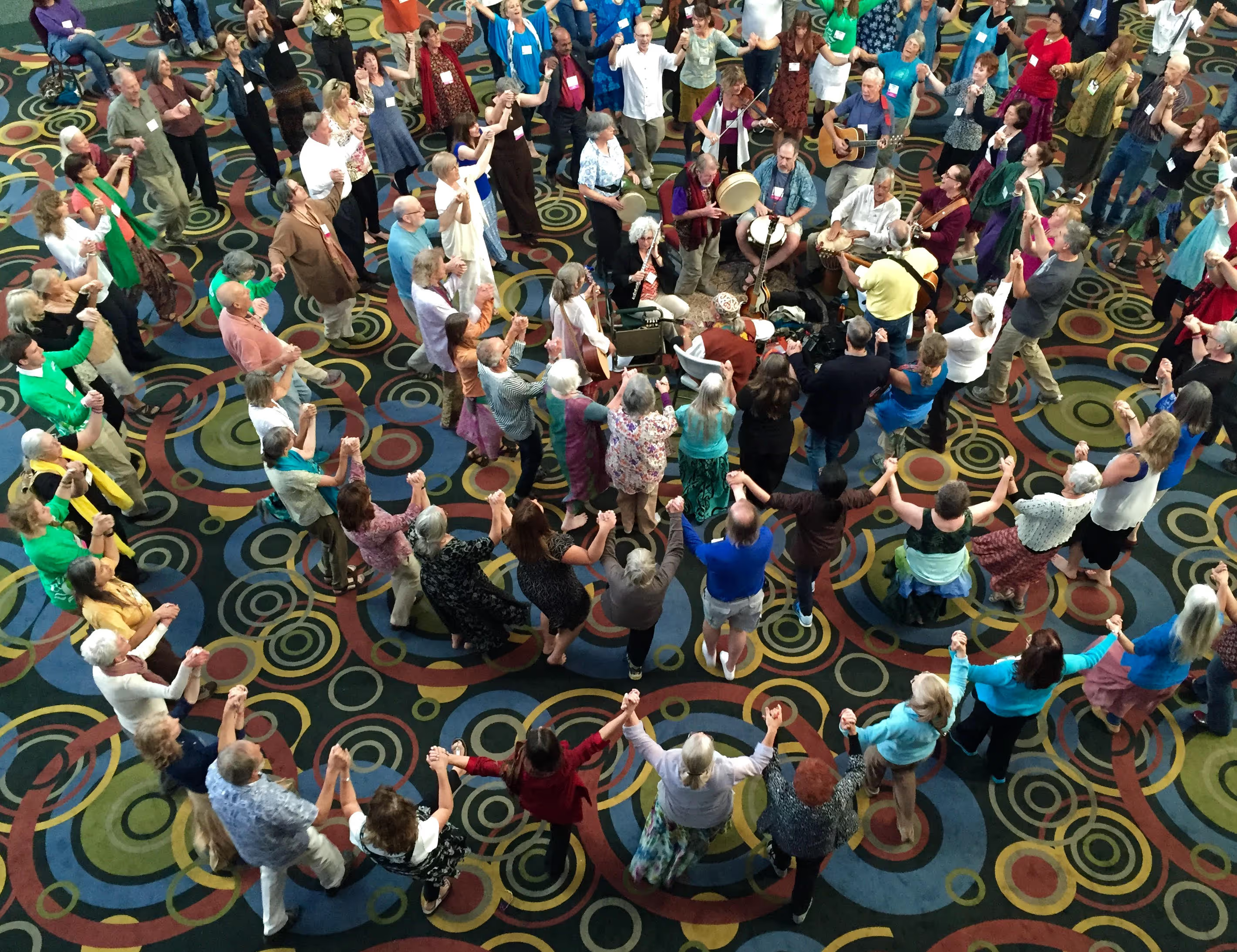Evolutionary Case Reports
Case reports are histories of organizations, typically written to guide futureimprovements. These reports require a framework to interpret historical facts. Dozens of interpretative frameworks exist, and yet little effort is made to relate them to each other. Against this background, our initative introduces a radical new approach: a single framework for interpreting the governance and adaptability of all types of organizations.
This kind of generality is already commonplace in the biological sciences, where evolutionary theory is used to interpret all aspects of the living world. In recent years, the theory has expanded beyond the study of genetic evolution to include human cultural evolution, making it relevant to the study of human organizations, regardless of their scale or context1. This framework allows us to study the history of all organizations, similar to paleontology as the branch of evolutionary science that studies the history of all species.
At the heart of our approach is the recognition that all effective organizations share two fundamental characteristics: they are well-governed and adaptable. In turn, each of these characteristics requires certain core design principles (CDPs). Variation in the performance of organizations can be very largely explained by variation in the implementation of such CDPs. However, the generality of the principles is often overlooked, as they have been derived independently by numerous interpretive frameworks, each with its own topic domain and vocabulary.
In addition, there are competing narratives that obscure the CDPs, no matter how well they work in real-world organizations. In particular, the neoclassical economic paradigm and its an historical rational actor model obscures the historically contingent and inherently social nature of organizations. As a result, a simple and elegant set of principles for improving the performance of organizations is hiding in plain sight, waiting to be revealed by a theoretical framework that makes sense of its generality2.

ProSocial World is at the forefront of this synthetic movement.
It has generalized and integrated previously isolated bodies of knowledge, including mindfulness-based therapeutic and training techniques from the applied behavioral sciences and the Nobel prize-winning work of political scientist Elinor Ostrom on community-based and environmental governance. The result is a set of practical tools to help organizations improve their performance, both internally and as prosocial agents within larger cultural and environmental ecosystems.
So far, ProSocial World has worked primarily with organizations in the present to help evolve their futures. This new initative will extend the same approach into the past by developing a rubric for organizing information on the history of organizations through evolutionary case reports. While evolutionary approaches to human history are not entirely new, having been pioneered by scientists like Peter Turchin, Edward Slingerland, Joseph Henrich, and Michael
Muthukrishna3 , our project distinctively applies this framework at a micro scale, focusing on individual organizations.
We believe that understanding an organization’s past from an evolutionary perspective will have enormous practical value in helping the organization evolve its future. A single standardized rubric will also facilitate comparisons across organizations.




Developed by David Sloan Wilson and Michael Cox
Evolutionary Case Reports were developed by David Sloan Wilson, president of ProSocial World, and Michael Cox, professor and chair of the Environmental Studies Department of Dartmouth College. David’s 50-year career has been centered on the evolution of groups as adaptive units and the expansion of evolutionary theory beyond the biological sciences to include human-related topics such as religion, clinical psychology, economics, and the arts. Ostrom’s Nobel prize-winning work was based largely on case reports of groups organized to manage common-pool resources.
Michael trained with Ostrom as a PhD student and postdoctoral associate and considerably expanded upon her database of case reports. He also worked with David and Lin (as she encouraged everyone to call her) during their three-year collaboration prior to her death in 2012 and coauthored their main article generalizing the CDPs from an evolutionary perspective4. It would be difficult to imagine a person better qualified to help develop a rubric for evolutionary case reports.
Incorporating an AI Component
Artificial Intelligence (AI) is revolutionizing the gathering, processing, and interpretation of data. In principle, it should be possible to use AI algorithms to write evolutionary case reports, but the outputs will need to be checked carefully against case reports written by human experts. We are in a position to do this and will be developing AI-assisted methods alongside more traditional methods.



